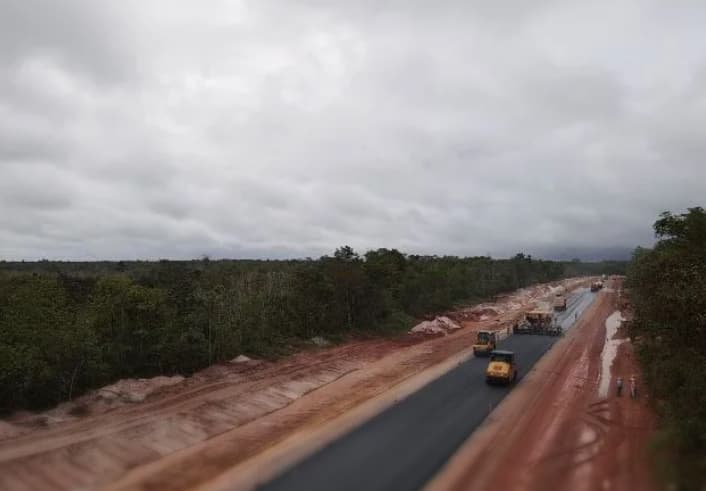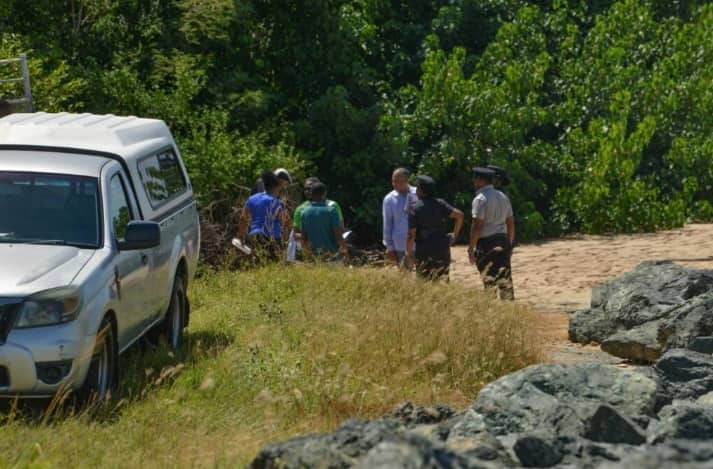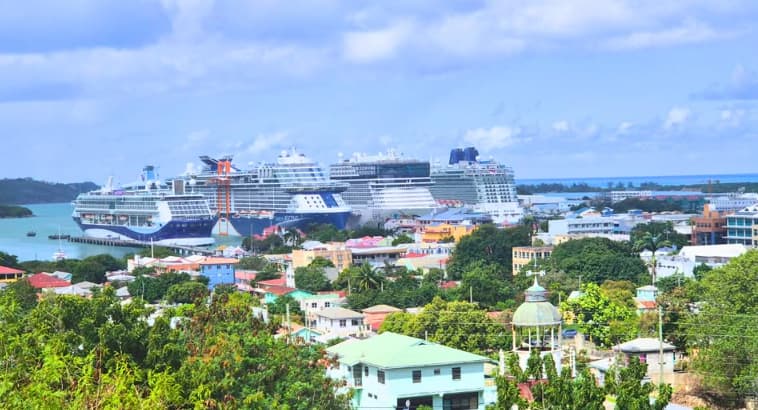Dr Carissa Etienne, director of PAHO said TT was highly COVID-19 infected Caribbean country last week
PAHO stressed that each country’s priority is to control contagion with public health measures
10th of June 2021

Dr Carissa Etienne, director of the Pan American Health Organization during the PAHO’s weekly virtual press, said that Trinidad and Tobago during the last week were among the most affected Caribbean country by covid-19.
Etienne said that according to the reports, Trinidad and Tobago is among one of the three countries of the Caribbean that have a low percentage of vaccinated people against COVID-19.
PAHO stressed that each country’s priority is to control contagion with public health measures before economic problems.
While showing the critical difference between the immunizations between developed countries and undeveloped countries, Etienne said that if infections were controlled, countries could relax public health measures, and economies could be started to recover.
She said the progress towards normality has been irregular, with the emergence of two worlds. The differences are severe. In the region, only the US has more than 40% of its people vaccinated. The situation is especially critical in Central America and the Caribbean.
Etienne said many vaccine doses are needed in current times as the US and Spain have donated 11 million vaccines between them as a gesture of help. She hopes that the countries that are supposed to have the most accessible access to the vaccines can help the countries that are in most need at this stage of pandemic.
Dr Jarbas Barbosa, PAHO deputy director, said that Chile had been an example of an organization. 80% t of adults over 60 have already been vaccinated, and this has been a breakthrough.
Dr Sylvain Aldighieri, director of incidents for covid19, reported the C37 variant – referred to as the Andean variant – has already been registered in several countries within the Americas and Europe.
He stated that it was initially registered in Chile and Peru, and the genomic surveillance teams are already working to identify any clinical changes in time.
Latest
- Dr Terrance Drew strengthens regional ties with Bahamas, Jamaica and Barbados before CARICOM meeting
-
Grenada announces fuel price increases effective February 18, 2026 -
Guyana’s Linden to Mabura Road Project Nears Completion, Connecting Country to Northern Brazil -
Trinidad: Unidentified man found dead on Uriah Butler Highway in suspected hit-and-run -
Tuberculosis cases reported at Edward P. Yorke High School in Belize City
Related Articles


22nd of February 2026


21st of February 2026

20th of February 2026

20th of February 2026


19th of February 2026
